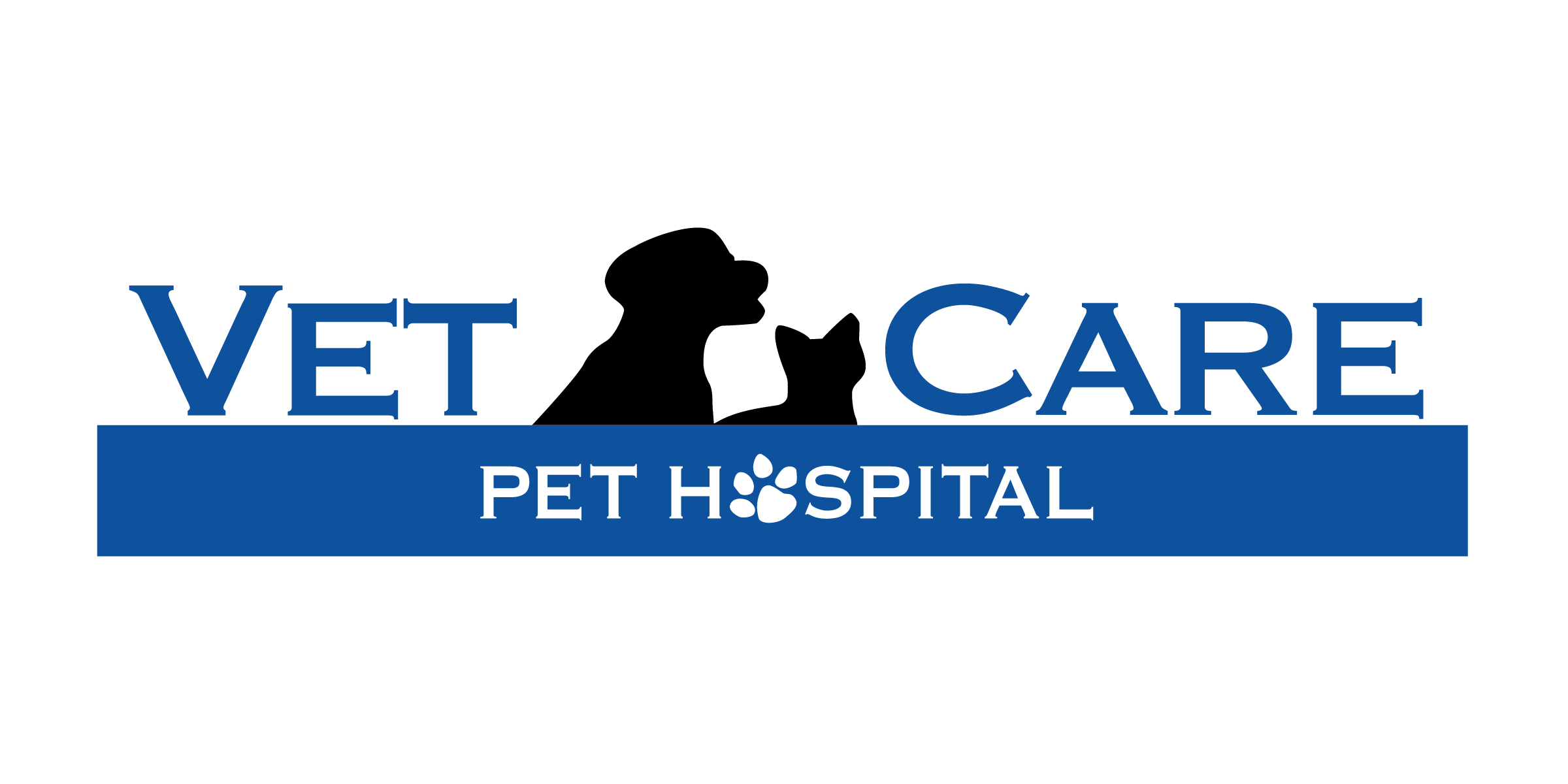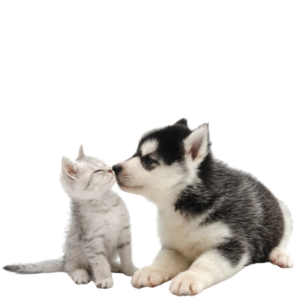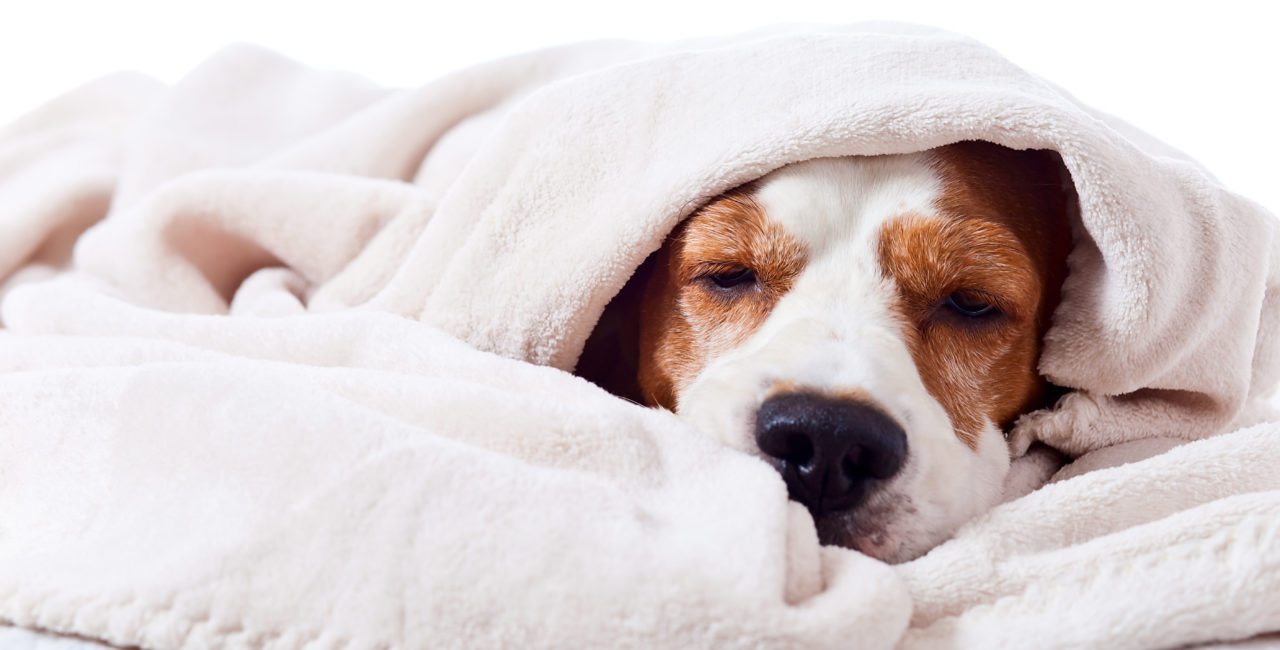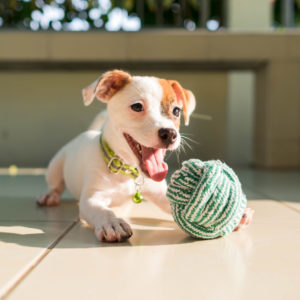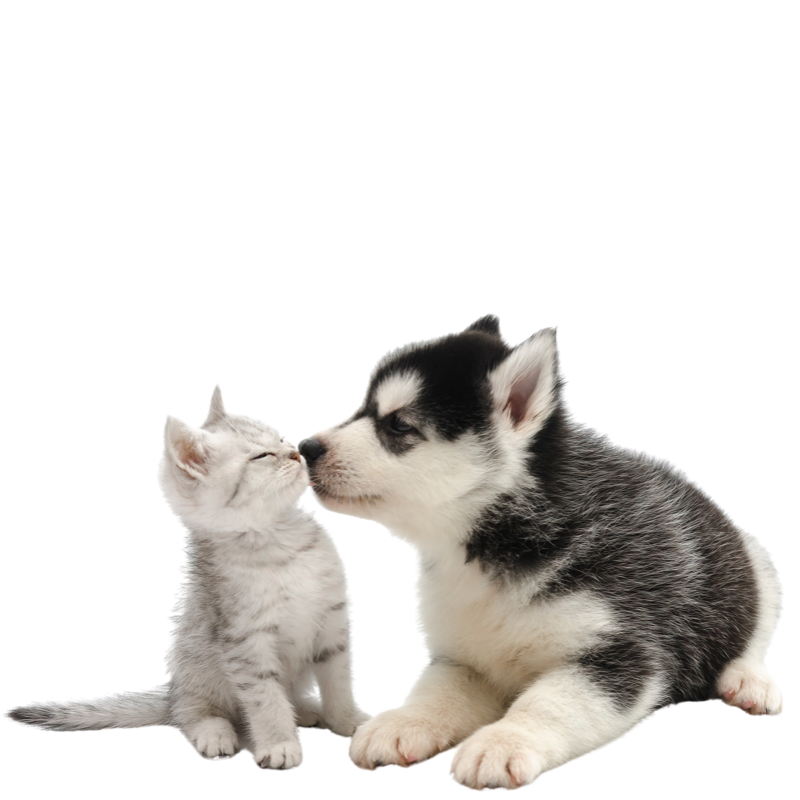In Canada, we’re used to long, cold, snowy winters. We are well-equipped for what winter brings, with warm jackets and boots, and heat for our homes. But what some of us may not be thinking much about is how to keep our beloved pets warm and safe this chilly winter season. There are a few things you should keep in mind.
The most obvious way to keep your pets safe in the winter is to keep them indoors. If you do need to let your pets outside for long periods of time, make sure you have proper shelter available to keep the animal safe from the icy wind and snow. It needs to be dry, and should have some warm bedding to keep them comfortable and happy. The shelter should be big enough for them to sit and lie down comfortably. However, if it is too big, it won’t hold the heat in well, so keep that in mind. It is also important to make sure there is fresh water available at all times, and that it hasn’t frozen in the cold.
The salt on the road can be a lifesaver for us on snowy, slippery days, but can be quite hazardous for our pets. When your four-legged family members come in from being outside, make sure to wipe their paws with a damp towel to remove any salt or chemicals. If you don’t clean them off, they could lick the salt off their paws, which is unsafe and can irritate their mouth. If your pet allows you to put booties on them, that is also a great option!
In addition to booties, a warm pet coat or sweater works wonderfully to keep your pets heated and comfortable in the cold climate. Make sure the piece of clothing is a proper fit and that the animal is not uncomfortable and is able to move freely. Keep it dry and change it if it does get wet, because wet clothing will work to make the pet even colder.
Warm engines in parked cars can sometimes attract cats and smaller wildlife to keep warm. Check under your hood before starting your car, and if you are unsure, you can bang on the hood or honk your horn to scare the little critters away so they don’t risk getting injured.
Antifreeze can also be a big help for us on brisk winter days, but you should be very cautious to clean up any spills and keep all antifreeze away from your pets. Antifreeze is quite tasty and sweet to them, but it is also fatally poisonous. If you do suspect your pet of ingesting antifreeze, it is important to contact your veterinarian immediately. Some signs of antifreeze poisoning include drunken behaviour, vomiting and excessive urination.
Be prepared for any winter emergencies, like a power outage. Include your pet in your family’s emergency plan and make sure you always have enough food, water, and any required medications for at least 5 days. It’s also important to know that snow can affect your pet’s sense of smell and ability to find their way home if they get lost. They should always have proper identification in case they do get lost. If you see a lost pet outside in the cold, call your local Animal Control so they can get the animal in a warm, safe place and find their home.
Finally, it’s important to recognize dangerous symptoms in the wintertime. Paleness, shivering, lethargy, and abnormally slow breathing are all signs of hypothermia. If you see these symptoms, the pet should be brought inside immediately and warmed up. You should also look for signs of frostbite on the ears, paw pads, tail and nose, including redness, paleness, or white patchiness in more advanced cases.
If you follow this winter safety guideline, your pets will stay happy, safe, and comfortable this winter. If you ever feel concerned about your pet’s health or safety, you should always contact your veterinarian at VetCare Pet Hospital.
Written by: Stephanie, RVT
